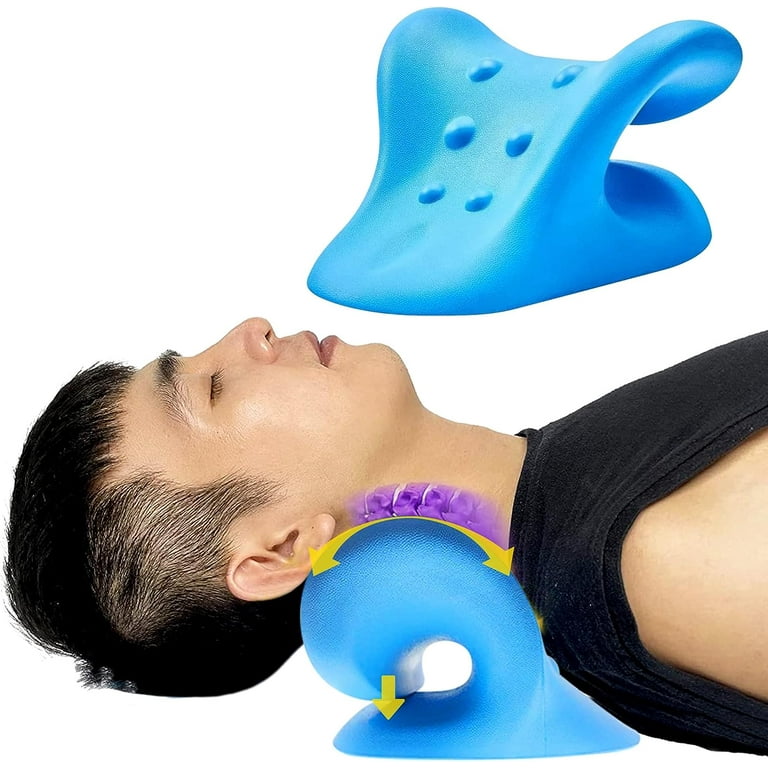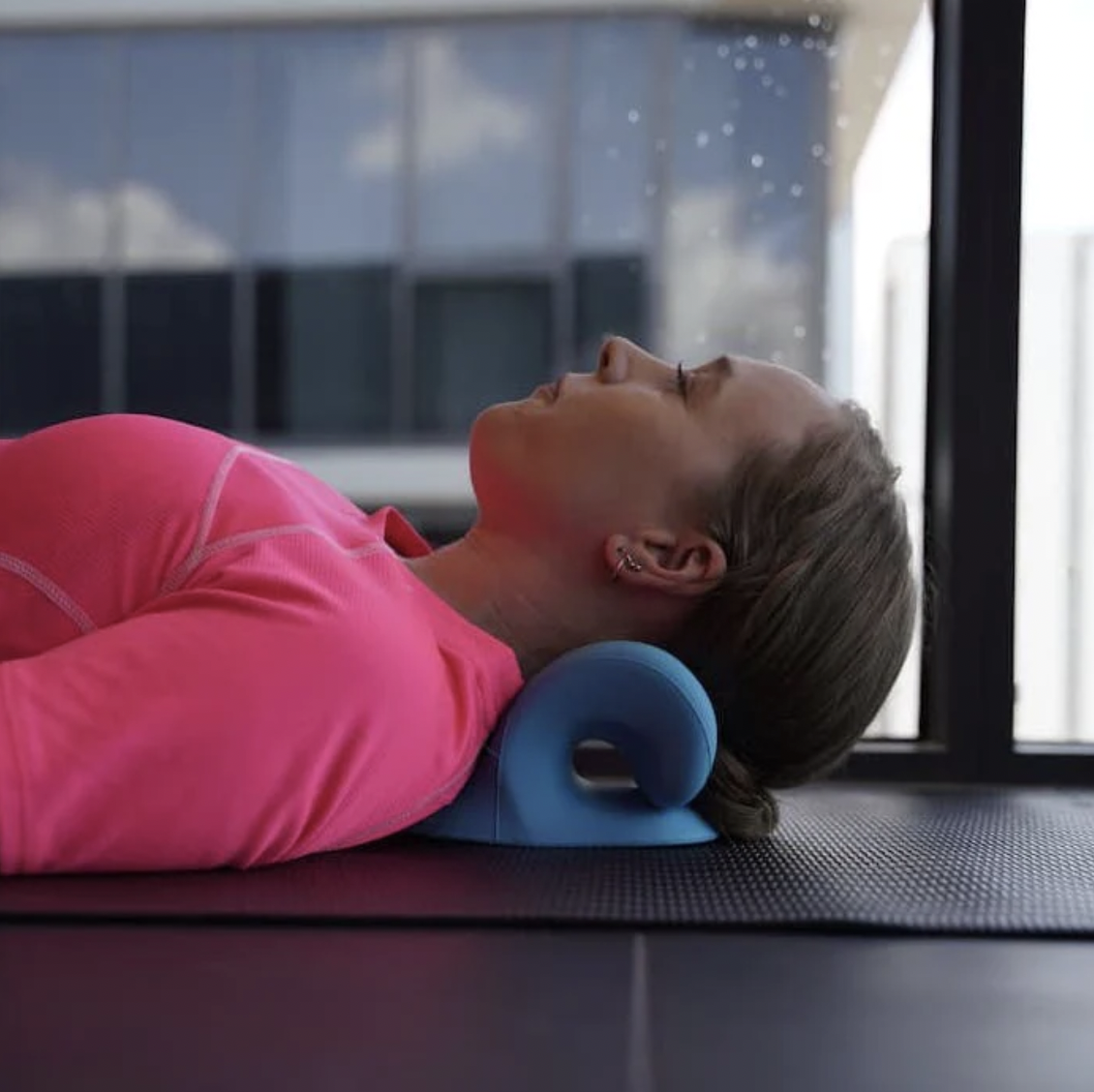Why the Neck Cloud is a Must-Have for Alleviating Neck Stress
Why the Neck Cloud is a Must-Have for Alleviating Neck Stress
Blog Article
The Influence of Tension on Neck Pain: Techniques for Minimizing Stress and Discomfort
In today's fast-paced globe, it's no trick that stress and anxiety has come to be a prevalent aspect in the onset and exacerbation of neck discomfort. Join us on a journey to untangle the impact of tension on neck pain and find efficient ways to relieve discomfort and improve general top quality of life.
Comprehending Stress-Related Neck Discomfort
Neck discomfort is a typical problem that can often be attributed to stress. Stress-related neck discomfort can show up as stress, tightness, or discomfort in the neck and shoulder area. The link in between anxiety and neck pain depends on the body's physiological reaction to tension, which can result in muscle mass tension and tightness in the neck muscular tissues. Persistent anxiety can result in persistent neck discomfort and exacerbate status quo like cervical spondylosis or muscle pressures.

Identifying Common Stress Locations
One typical tension area is the neck, where stress typically materializes physically. Tension headaches, stiff neck muscles, and limited array of movement are common symptoms of stress-related neck tension. Being mindful of these usual stress locations can assist individuals recognize the physical signs of stress and anxiety and take actions to resolve them prior to they rise right into chronic pain or discomfort.
Applying Leisure Techniques
Relaxation methods are beneficial tools for reducing neck pain created by tension. In addition, activities like yoga exercise and tai chi incorporate both physical motion and leisure, making them effective methods for reducing anxiety and neck discomfort. By including these relaxation techniques into your everyday routine, you can assist take care of stress and anxiety degrees, reduce tension in the neck, and reduce discomfort connected with stress-induced neck pain.
Integrating Self-Care Practices
Including self-care you could try these out techniques is essential for maintaining overall well-being and managing stress-related neck pain effectively. Taking part in regular exercise, such as mild extending workouts or yoga exercise, can aid relieve stress in the neck and shoulders. Exercising excellent stance throughout the day and taking constant breaks from long term resting or screen time can likewise avoid strain on the neck muscle mass.
Additionally, prioritizing sufficient sleep and establishing a consistent sleep routine can contribute significantly to decreasing stress levels and promoting relaxation. Developing a relaxing going to bed regimen, such as checking out a book or taking a warm bathroom, can aid prepare the mind and body for peaceful sleep. In addition, preserving a balanced diet abundant in nutrients and staying hydrated can sustain overall wellness and lower inflammation that may aggravate neck discomfort.
Incorporating mindfulness techniques, such as deep breathing exercises or meditation, can assist manage stress and anxiety and advertise relaxation. Requiring time for oneself, participating in hobbies, and establishing boundaries to shield personal time are also vital elements of self-care that can add to lowering anxiety and easing neck pain.
Looking For Professional Aid
How can people successfully deal with persistent neck discomfort that is impacting their day-to-day life and health? Seeking professional aid can be an important neck cloud action in handling and reducing neck discomfort. Consulting with health care professionals such as chiropractors, physical specialists, or orthopedic experts can supply valuable understandings and customized treatment strategies. These professionals can conduct comprehensive evaluations to detect the underlying reasons of neck discomfort and suggest suitable treatments.
Chiropractic practitioners specialize in spine manipulation methods to improve positioning and lower stress in the neck area. Physiotherapists supply targeted exercises and stretches to reinforce muscular tissues, improve flexibility, and improve general neck feature. Orthopedic click this site specialists can offer sophisticated clinical treatments such as injections or surgical choices for serious instances of neck discomfort.
Verdict

Stress-related neck pain can materialize as tension, tightness, or discomfort in the neck and shoulder area. The connection between stress and neck pain lies in the body's physical response to stress, which can result in muscle stress and rigidity in the neck muscular tissues. Stress frustrations, tight neck muscular tissues, and limited array of movement are typical signs of stress-related neck tension. By integrating these relaxation techniques into your day-to-day routine, you can help take care of stress and anxiety degrees, reduce tension in the neck, and reduce discomfort associated with stress-induced neck discomfort.

Report this page